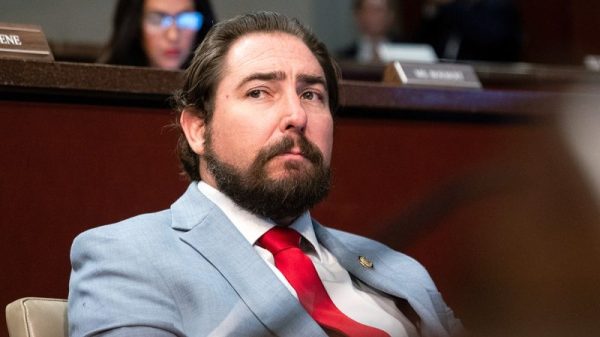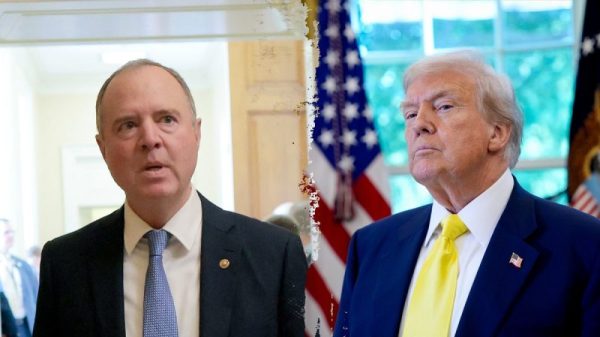In recent political discussions, the term reconciliation has emerged as a significant tool with which Republicans are seeking to challenge the outer limits of federal policy. The reconciliation process allows certain budget-related legislation to bypass the regular legislative process in the Senate, where typically a 60-vote majority is needed for most bills to advance. Instead, reconciliation bills require only a simple majority for passage, making them a strategic tool for parties in control seeking to advance their policy priorities.
Republicans have shown a keen interest in harnessing reconciliation as a means to shape federal policy, particularly as they face divided control in Congress. This approach enables them to navigate the challenges of a closely divided Senate and implement key policy changes with a simple majority. By leveraging reconciliation, Republicans can push the boundaries on federal policy by avoiding the need for bipartisan support, which has become increasingly elusive in the current political climate.
One area where Republicans are looking to utilize the reconciliation process is in addressing issues related to healthcare. The party aims to overhaul the Affordable Care Act (ACA) and introduce changes to the healthcare system that align more closely with their priorities. By utilizing reconciliation, Republicans could avoid the need for Democratic support and pass legislation that reflects their vision for healthcare reform.
Moreover, Republicans are also eyeing reconciliation as a tool to enact tax reforms and make significant changes to the tax code. By leveraging the streamlined process of reconciliation, they can push through tax legislation that reflects their economic agenda without facing the hurdles posed by a closely divided Senate.
As Republicans seek to capitalize on the advantages offered by the reconciliation process, concerns have been raised about the potential implications of bypassing traditional legislative procedures. Critics argue that relying heavily on reconciliation could undermine the spirit of bipartisanship and deliberation that underpins the legislative process, leading to increased polarization and diminished opportunities for compromise.
Furthermore, the use of reconciliation to push the outer limits on federal policy raises questions about the long-term implications for governance and the effectiveness of the legislative branch. By circumventing the traditional legislative process, there is a risk that important policy decisions may be made hastily or without robust debate, potentially compromising the quality and sustainability of the laws enacted.
In conclusion, the reconciliation process represents a powerful tool that Republicans are seeking to leverage in order to advance their policy priorities and push the boundaries of federal policy. While this approach offers a streamlined path to enacting key reforms, it also raises concerns about the impact on bipartisanship, deliberation, and the overall effectiveness of the legislative process. As Republicans navigate the complexities of a closely divided Congress, the strategic use of reconciliation will undoubtedly play a crucial role in shaping the future of federal policy.


































